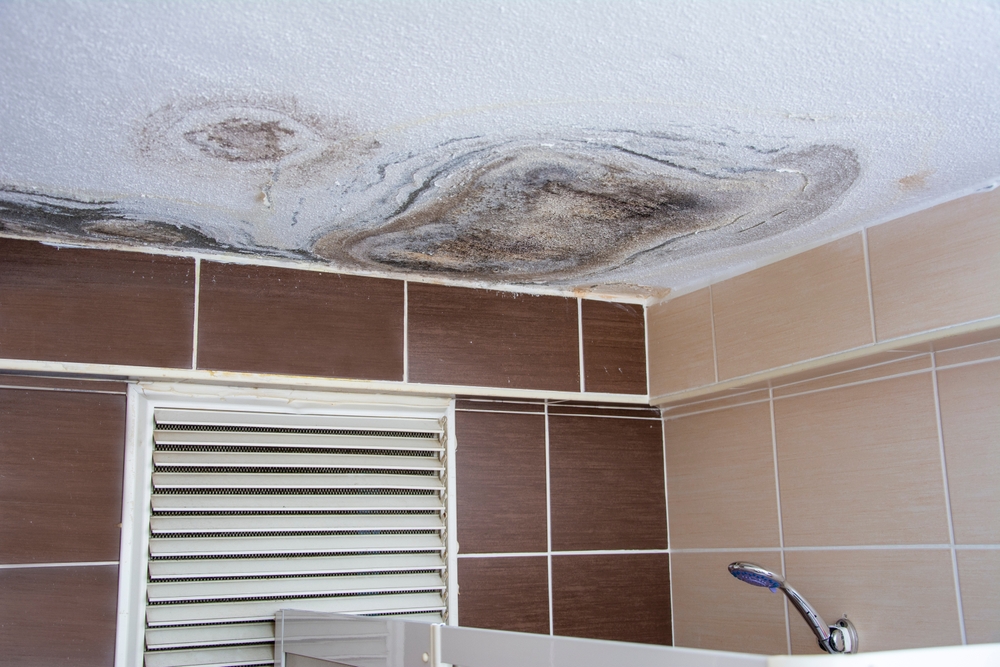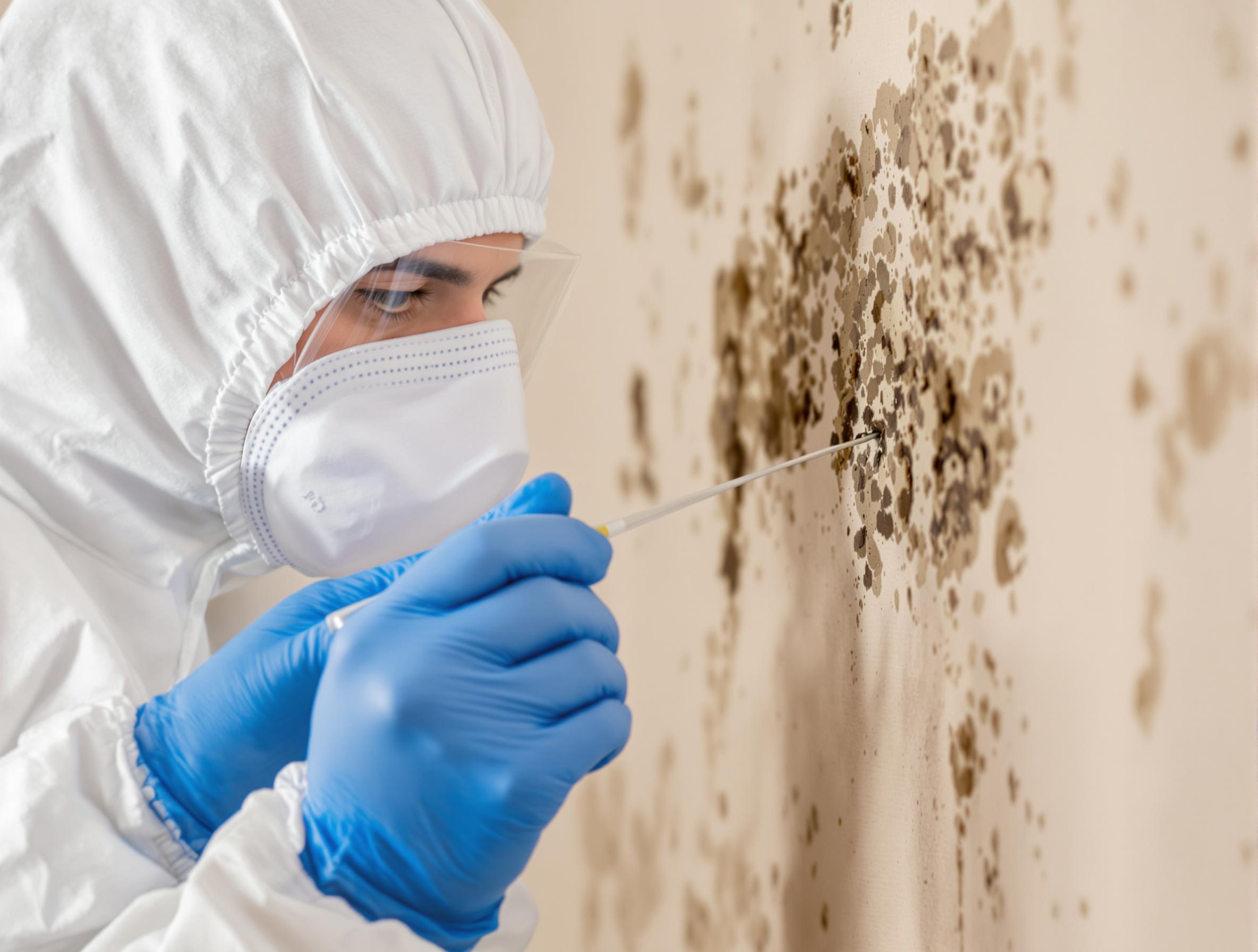10 Warning Signs of Mold Toxicity You Shouldn’t Ignore

You’ve been feeling under the weather lately. Your sleep isn’t as restful, you’re experiencing persistent congestion, and that nagging cough just won’t go away. Have you considered if mold might be the reason?
Mold is a common fungus that thrives in damp environments. While not all molds are harmful, certain types may affect your health. Certain molds can release spores and, in some cases, toxins into the air. These microscopic particles can cause symptoms that are easily overlooked or misattributed to other causes. The effects of mold exposure may vary, ranging from respiratory issues to cognitive challenges, potentially impacting different aspects of your daily life.
At Mobile Care Health, we offer expert guidance in identifying and addressing mold-related health concerns through personalized care plans. Interested in understanding how your environment might be influencing your health? Visit Mobile Care Health to explore our comprehensive wellness assessments and innovative treatment approaches.
What is mold toxicity?
Mold toxicity, also known as mold illness or mycotoxicosis, is a condition that arises from exposure to toxic molds and the harmful substances they release, called mycotoxins. These are microscopic toxins that are produced by certain types of mold that thrive in moist, poorly ventilated environments, such as basements, bathrooms, or areas with water damage. They can easily be inhaled or absorbed by the body.

When mold spores become airborne, they can be inhaled, ingested, or come into contact with the skin, leading to a variety of health problems, especially in individuals who are sensitive or have weakened immune systems.
How mold toxicity develops
Molds naturally grow in areas where there is excess moisture. In indoor environments, leaks, flooding, or high humidity can encourage mold growth, which can go unnoticed for long periods. As these molds grow, they release mycotoxins.
Not all molds produce mycotoxins, but species like Stachybotrys (commonly known as black mold), Aspergillus, and Penicillium are known to be particularly harmful. When mycotoxins enter the body, they can disrupt normal biological processes, leading to inflammation, immune system dysfunction, and other health issues.
Persistent respiratory issues
Mold spores, tiny particles released by mold growth, can easily become airborne and irritate your respiratory tract when inhaled. Research shows that these spores can trigger allergy-like symptoms, including coughing, congestion, and eye irritation, especially in individuals sensitive to mold.
The risk of mold-related illnesses increases for those living in damp environments, even without visible mold. If you’re experiencing ongoing breathing difficulties and suspect mold might be a factor, it’s important to address the problem promptly.
Chronic fatigue
Are you feeling constantly drained, even after a full night’s sleep? Unexplained exhaustion might be linked to mold exposure in your environment. This persistent tiredness can creep up on you, gradually affecting your daily life without you realizing the underlying cause.
Over 92% of people with ongoing fatigue and a history of mold exposure had mycotoxins in their system. These harmful substances, produced by certain molds, can disrupt your body’s energy production at the cellular level, leaving you feeling perpetually worn out.
If you’re experiencing frequent headaches without an apparent cause, mold exposure could contribute. Mold spores and mycotoxins can trigger headaches of different types, impacting your daily life and productivity. Here’s what you need to know:

Mold-related headaches are characterized by persistent pressure or aching in the forehead, cheekbones, inner ears, and nose bridge. These symptoms often resemble sinus headaches.
Differentiate between mold-induced and other headaches by noting their frequency and connection to your environment. Mold sensitivities can manifest in multiple ways, including headaches alongside respiratory issues.
Cognitive impairment
Mycotoxins can sneak past the blood-brain barrier and disrupt normal brain function. This can result in a range of mental challenges, including the all-too-common “brain fog,” memory lapses, and trouble staying focused.
Here’s something to remember: prolonged exposure to mold and its toxins isn’t just a short-term nuisance – it could lead to more significant cognitive issues. If you’ve been noticing persistent changes in your mental clarity, it’s worth considering whether environmental factors like mold might be playing a role.
Recurrent sinus infections
Environmental factors, particularly fungal presence in your living or working space, could contribute to your ongoing discomfort. Specifically, exposure to indoor fungi significantly increases the risk of sinusitis and rhinitis.
Microscopic spores can settle in your nasal passages and sinuses, leading to inflammation and creating conditions conducive to infections. You might notice persistent nasal congestion, sinus pain, pressure, and potentially a diminished sense of smell. These symptoms can be particularly challenging to manage, as the sinuses are a common area for fungal colonization.
Skin rashes
Mold toxicity can lead to skin rashes due to the body’s allergic reaction to mold spores or mycotoxins they release. When mold spores come into contact with the skin, particularly in sensitive or allergic individuals, the immune system triggers inflammation.
This response can cause red, itchy, or irritated rashes. Prolonged or repeated exposure to mold in the environment can exacerbate these skin reactions, making the condition more severe over time.
Joint pain
Dealing with persistent joint aches that seem to have no apparent cause? You’re not alone, and mold exposure could be the unexpected source of your discomfort. Mycotoxins can trigger systemic inflammation in your body, leading to joint pain that might feel eerily similar to arthritis or fibromyalgia. This can be incredibly frustrating, especially when traditional treatments don’t provide relief.
We recognize how challenging it can be to cope with chronic joint pain, particularly when the root cause remains elusive. Our team at Mobile Care Health specializes in uncovering these hidden environmental factors that might affect your health. Through our detailed wellness evaluations, we work to identify potential mold-related issues and develop a tailored care plan that addresses your unique situation.
Asthma attacks
For those with asthma, airborne mold spores can be silent triggers, leading to unexpected breathing difficulties. These microscopic particles can set off a cascade of respiratory symptoms, including coughing, wheezing, and shortness of breath. The mold spores can irritate the airways and exacerbate asthma symptoms, making it harder to manage the condition effectively.
For the more than 26 million Americans with asthma, mold exposure can mean more frequent and severe respiratory episodes, potentially compromising your daily quality of life. This increased frequency can disrupt daily activities and significantly compromise overall quality of life.
Mold exposure could suppress your immune system, making you more susceptible to various ailments. Let’s explore how mold can impact your body’s natural defenses:
Complicate diagnosis: Mold-related immune suppression can sometimes mimic other health issues, making accurate diagnosis challenging without proper evaluation.
Compromise immune function: Chronic mold exposure can weaken your immune responses, hindering your body’s ability to ward off infections and illnesses effectively.
Elevate infection susceptibility: A suppressed immune system may lead to more frequent bouts of colds, flu, or other infections and prolonged recovery periods.
Induce chronic inflammation: Mold can unnecessarily activate your immune system, potentially exacerbating existing health conditions through persistent inflammatory responses.

Severe symptoms
While many mold-related health issues can be manageable, severe cases can lead to alarming symptoms that demand immediate attention. Prolonged exposure to toxic mold can result in serious neurological problems and even organ damage. You might experience intense headaches, tremors, or difficulty with coordination.
In some cases, individuals report memory loss or uncharacteristic mood swings that seem concerning. These aren’t just inconveniences – they’re red flags signaling a potentially life-threatening situation. If you’re dealing with any of these severe symptoms, it’s crucial to seek urgent medical care.
Take control of your health with Mobile Care Health
Recognizing the signs of mold toxicity is crucial for safeguarding your health and well-being. From persistent respiratory issues to mental fog and difficulty concentrating, these symptoms can turn your daily life upside down. We understand how frustrating and overwhelming it can be to deal with unexplained health issues.
At Mobile Care Health, we’re committed to helping you navigate the complexities of mold-related health concerns. Our innovative approach combines cutting-edge diagnostics, including mycotoxin testing and nasal swabs, with tailored treatment strategies to address your unique symptoms and environment.
Ready to take the first step towards reclaiming your health? Explore our comprehensive mold illness program and discover how we can support your journey to wellness. Your path to a healthier, mold-free life begins here – let’s walk it together.
Articles on this site are for general education and do not substitute for professional medical advice. Consult our providers for personalized recommendations.





